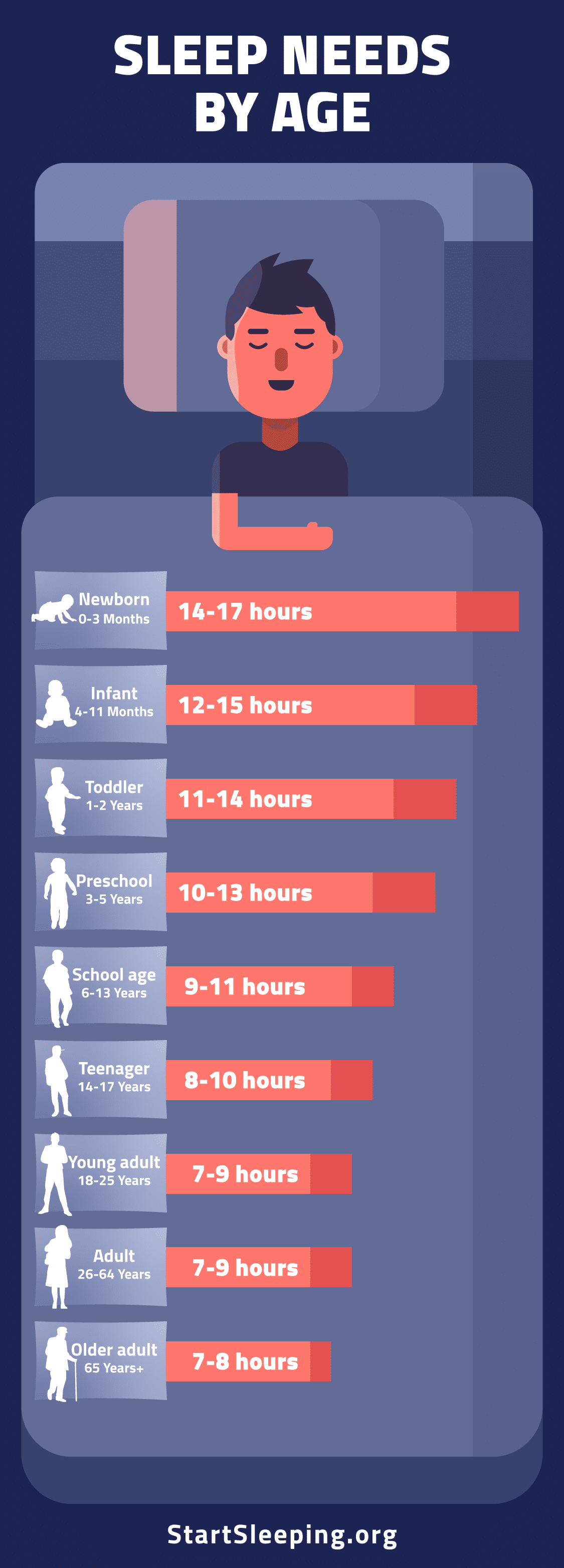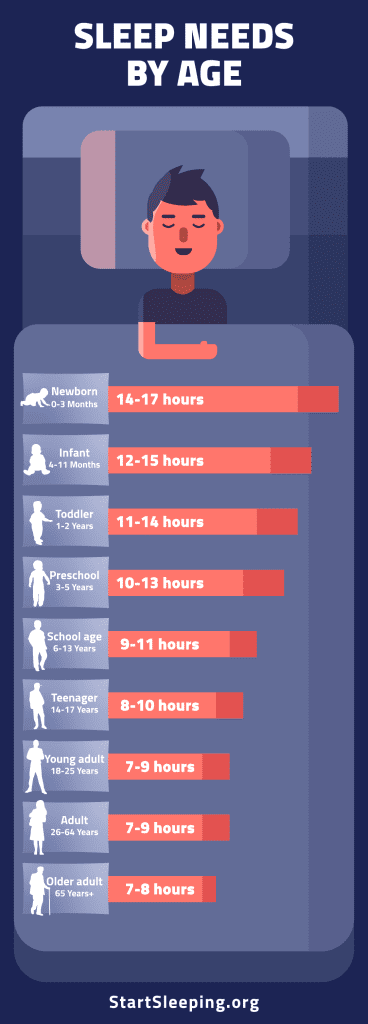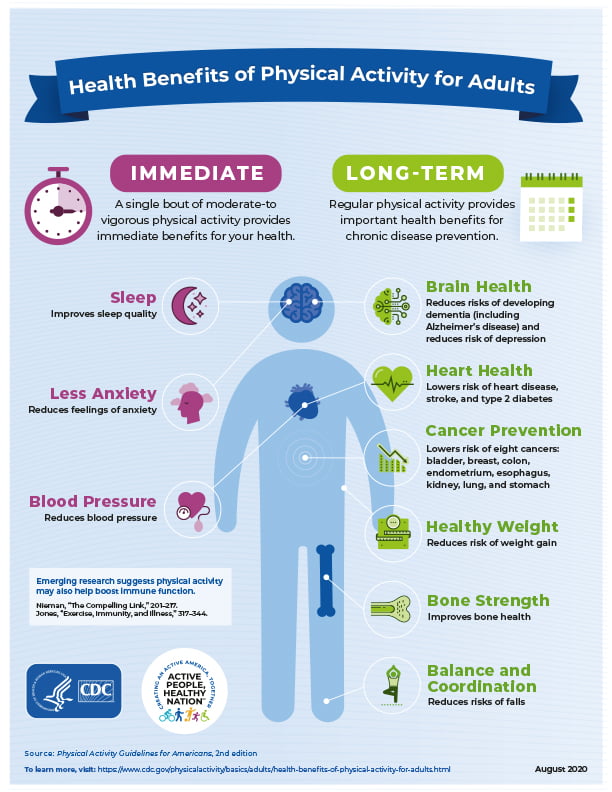How many hours of sleep are enough for good health? It’s a question that has boggled the minds of many. We’ve all heard the saying, “You snooze, you lose,” but is that really true? In this article, we will dive deep into the world of sleep and uncover the optimal number of hours you should be getting each night for the sake of your overall well-being. So, grab a cup of coffee (or maybe put it down if it’s close to bedtime) and get ready to learn about the fascinating science behind a good night’s rest.
When it comes to sleep, the general consensus is that we need around 8 hours of shut-eye to function at our best. But let’s be real, life can sometimes get in the way of achieving that ideal number. Between work, family, and Netflix binges, finding the time to prioritize sleep can be challenging. However, what if I told you that getting the right amount of sleep is crucial for your physical health, mental clarity, and overall happiness? It’s true! In fact, research has shown that inadequate sleep can lead to a myriad of health issues, including obesity, heart disease, and even depression. So, if you’ve ever wondered how many hours of sleep you really need to feel your best, keep reading as we unravel the mysteries of the sleep-deprived world.
Getting enough sleep is crucial for maintaining good health. While individual sleep needs can vary, it is generally recommended that adults aim for 7-9 hours of sleep per night. Adequate sleep is essential for cognitive function, immune system support, and overall well-being. Consistently getting enough restful sleep can help prevent chronic health conditions like heart disease, obesity, and depression. Prioritizing quality sleep can lead to improved productivity, better mood, and enhanced physical performance. Remember, everyone’s sleep needs are different, so listen to your body and make sleep a priority for optimal health.

How Many Hours of Sleep Are Enough for Good Health?
Sleep is a vital aspect of our overall well-being, and getting enough quality sleep is essential for good health. But how many hours of sleep are enough? The answer may vary depending on various factors such as age, individual needs, and overall health. In this article, we will explore the recommended sleep durations for different age groups and discuss the importance of prioritizing sleep for optimal health.
The Recommended Sleep Durations
When it comes to determining the ideal amount of sleep, the National Sleep Foundation provides general guidelines based on age groups. These recommendations serve as a helpful starting point for understanding the average sleep needs for individuals. However, it is important to remember that these are general guidelines and individual variations may exist.
For adults aged 18 to 64, the recommended sleep duration is typically between 7 to 9 hours per night. This ensures that adults receive sufficient restorative sleep to support their physical and mental well-being. However, some individuals may find that they function better with slightly more or less sleep within this range.
Teenagers, on the other hand, require a bit more sleep due to their rapid growth and development. The recommended sleep duration for teenagers aged 14 to 17 is around 8 to 10 hours per night. This additional sleep is crucial for their cognitive function, emotional well-being, and physical growth.
Children aged 6 to 13 need approximately 9 to 11 hours of sleep per night to support their growth and development. Sufficient sleep during childhood is essential for healthy brain development, learning, and maintaining a strong immune system.
For younger children, aged 3 to 5, the recommended sleep duration is slightly higher, ranging from 10 to 13 hours per night. This extended sleep duration is necessary to ensure proper physical and cognitive development during these crucial early years.
The Impact of Sleep on Health
Adequate sleep is not just about feeling rested; it plays a vital role in maintaining good overall health. Sleep deprivation or consistently not getting enough sleep can have numerous negative effects on both physical and mental well-being.
One of the significant impacts of sleep deprivation is its effect on cognitive function. Lack of sleep can impair memory, attention, concentration, and decision-making abilities. It can also negatively impact mood, leading to increased irritability, mood swings, and a higher risk of developing mental health disorders such as anxiety and depression.
Sleep deprivation also affects physical health. It can weaken the immune system, making individuals more susceptible to infections and illnesses. Chronic sleep deprivation has been linked to an increased risk of developing chronic conditions, including obesity, diabetes, cardiovascular disease, and even certain types of cancer.
Furthermore, sleep plays a crucial role in hormone regulation, particularly those responsible for appetite and metabolism. Insufficient sleep can disrupt these hormones, leading to increased cravings for unhealthy foods, weight gain, and an increased risk of obesity.
Tips for Getting Quality Sleep
To ensure you are getting enough quality sleep, consider incorporating these tips into your daily routine:
1. Stick to a consistent sleep schedule by going to bed and waking up at the same time every day, even on weekends.
2. Create a relaxing bedtime routine that includes activities such as reading, taking a warm bath, or practicing relaxation techniques.
3. Make your sleep environment conducive to rest by keeping it dark, quiet, and at a comfortable temperature.
4. Avoid consuming caffeine, nicotine, and alcohol close to bedtime, as they can interfere with sleep quality.
5. Limit exposure to electronic devices, especially before bedtime, as the blue light emitted from screens can disrupt your sleep-wake cycle.
By prioritizing sleep and aiming to achieve the recommended sleep duration for your age group, you can support your overall health and well-being. Remember, sleep is not a luxury but a necessity for optimal physical and mental functioning.
Key Takeaways: How Many Hours of Sleep Are Enough for Good Health?
- On average, 13-year-old kids need 9-11 hours of sleep each night for good health.
- Getting enough sleep is important for growth, learning, and overall well-being.
- A lack of sleep can lead to problems with attention, memory, and mood.
- Establishing a consistent bedtime routine and creating a sleep-friendly environment can help improve sleep quality.
- Avoiding electronic devices before bed and practicing relaxation techniques can also promote better sleep.
Frequently Asked Questions
What is the recommended amount of sleep for good health?
Getting enough sleep is crucial for maintaining good health. The recommended amount of sleep varies depending on age and individual needs. Generally, adults should aim for 7-9 hours of sleep per night to ensure optimal health and functioning.
Sleep is essential for the body to rest, repair, and rejuvenate. It plays a vital role in physical and mental well-being. Consistently getting enough sleep can improve immune function, boost cognitive performance, and enhance overall mood and productivity.
What happens if I don’t get enough sleep?
Not getting enough sleep can have serious consequences on your health. Sleep deprivation can lead to a variety of physical and mental health issues. In the short term, it can impair cognitive function, affect mood and emotional stability, and increase the risk of accidents and injuries.
Long-term sleep deprivation has been linked to a higher risk of chronic conditions such as obesity, diabetes, cardiovascular disease, and even certain cancers. It can also weaken the immune system, making you more susceptible to infections and other illnesses.
Can I get by with less sleep?
While some individuals may be able to function on less sleep than others, consistently getting less than the recommended amount can have detrimental effects on your health in the long run. The body needs sufficient sleep to perform essential functions and maintain optimal well-being.
Even if you feel like you can function on less sleep, it’s important to prioritize sleep and aim for the recommended hours. Lack of sleep can have cumulative effects and lead to various health issues over time. It’s always best to prioritize your sleep and give your body the rest it needs.
Are naps beneficial for overall sleep health?
Napping can be beneficial for overall sleep health, especially if you haven’t had enough sleep during the night. Short power naps of 20-30 minutes can help boost alertness, improve mood, and enhance cognitive performance.
However, it’s important to note that napping for too long or too close to bedtime can interfere with nighttime sleep. It’s best to limit naps to the early afternoon and avoid napping too close to your regular bedtime to ensure quality nighttime sleep.
What can I do to improve the quality of my sleep?
There are several things you can do to improve the quality of your sleep. Establishing a consistent sleep schedule, creating a relaxing bedtime routine, and ensuring a comfortable sleep environment can all contribute to better sleep.
Avoiding stimulants such as caffeine and electronic devices before bed, practicing relaxation techniques such as deep breathing or meditation, and engaging in regular exercise can also help improve sleep quality. If you continue to struggle with sleep, it’s important to consult with a healthcare professional for further evaluation and guidance.
How many hours of sleep do you need?
Final Thoughts: Finding the Perfect Balance for Quality Sleep
After diving into the topic of how many hours of sleep are enough for good health, it’s clear that there is no one-size-fits-all answer. While the recommended range of 7-9 hours provides a general guideline, it’s important to remember that individual needs may vary. Some people may thrive on 7 hours of sleep, while others may require closer to 9 hours to feel their best.
Ultimately, the key to achieving optimal sleep for good health lies in finding the perfect balance that works for you. Pay attention to your body’s signals and listen to what it needs. Experiment with different sleep durations and observe how you feel upon waking up. Are you refreshed and energized, or do you still feel groggy and fatigued? Adjust your sleep schedule accordingly until you find the sweet spot that leaves you feeling rejuvenated and ready to take on the day.
Remember, quality sleep is not just about the number of hours, but also about the overall sleep environment and habits. Create a calming bedtime routine, establish a comfortable sleep environment, and prioritize consistent sleep and wake times. By prioritizing your sleep and finding that perfect balance, you can set yourself up for improved health, increased productivity, and a better overall quality of life. So, here’s to finding the perfect sleep recipe that works wonders for your well-being!






